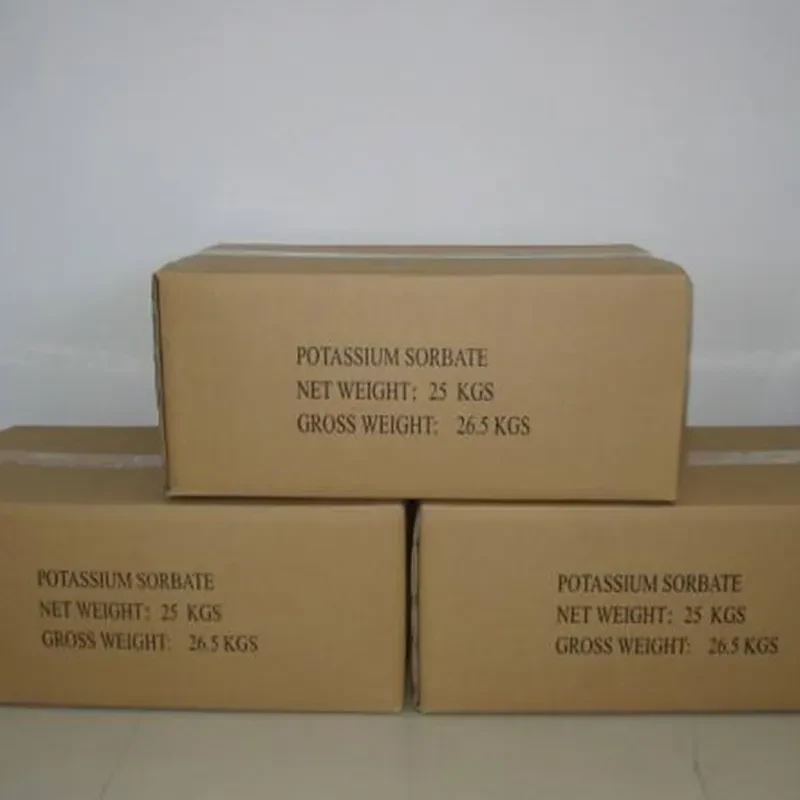
sodium benzoate ip
Sodium Benzoate A Comprehensive Overview
Sodium benzoate, with the chemical formula C7H5NaO2, is a sodium salt of benzoic acid. It is widely used as a preservative in food and beverages, and its ability to inhibit microbial growth has made it an essential component in the food industry. The compound appears as a white crystalline powder or granule and is highly soluble in water, which contributes to its efficacy as a preservative.
Sodium Benzoate A Comprehensive Overview
The mechanism by which sodium benzoate acts as a preservative is fascinating. When sodium benzoate is dissolved in a solution, it dissociates into benzoate ions and sodium ions. The benzoate ions can easily penetrate the cell membranes of microorganisms, particularly in low pH environments. Once inside the cell, benzoate disrupts the microbial cell's metabolic processes, leading to a decrease in its ability to grow and reproduce. This antimicrobial action is particularly important in the preservation of foods that are naturally acidic, such as fruit juices and carbonated soft drinks.
sodium benzoate ip

Apart from its widespread applications in the food industry, sodium benzoate also finds use in various other sectors. In cosmetics and personal care products, it serves as a preservative to extend shelf life and maintain product integrity. It is also utilized in pharmaceuticals, where it acts as an excipient and a stabilizer for certain formulations. Its versatility is further highlighted in the industrial sector, where sodium benzoate is employed in the production of certain dyes and plastics.
Despite its widespread use, sodium benzoate has been the subject of scrutiny regarding its safety. Concerns have been raised about the potential formation of benzene, a known carcinogen, when sodium benzoate is exposed to high temperatures and ultraviolet light, as in the case of certain beverages. However, the levels of benzene formed are generally considered to be low and not a significant health risk when sodium benzoate is used responsibly within regulatory guidelines.
It is essential for consumers to be aware of ingredient labels, especially in processed foods and beverages. While sodium benzoate is considered safe, some individuals may have sensitivities or allergies to certain preservatives. Hence, those with such sensitivities should always check ingredient lists before consumption.
In conclusion, sodium benzoate is a valuable compound in the food industry and beyond, with its effectiveness as a preservative playing a crucial role in maintaining food safety and quality. Understanding its properties, applications, and safety considerations can help consumers make informed choices about the products they consume. As with any additive, moderation is key, and staying within regulatory guidelines ensures the continued safe use of sodium benzoate in food preservation and other applications. As food science continues to evolve, ongoing research may reveal more about this compound and its potential benefits and risks in our diets.
-
Pure Sodium Dichloroisocyanurate Dihydrate | Powerful DisinfectantNewsAug.29,2025
-
Industrial Chemicals: Quality & Purity for Every IndustryNewsAug.28,2025
-
Nitrile Rubber Honoring Strict Production StandardsNewsAug.22,2025
-
Aspartame Ingredients Honoring Food Safety ValuesNewsAug.22,2025
-
Fertilizer for Balanced Plant NutritionNewsAug.22,2025
-
Cyanide Gold Processing with High Purity AdditivesNewsAug.22,2025
-
Formic Acid in Textile Dyeing ApplicationsNewsAug.22,2025
Hebei Tenger Chemical Technology Co., Ltd. focuses on the chemical industry and is committed to the export service of chemical raw materials.
-

view more DiethanolisopropanolamineIn the ever-growing field of chemical solutions, diethanolisopropanolamine (DEIPA) stands out as a versatile and important compound. Due to its unique chemical structure and properties, DEIPA is of interest to various industries including construction, personal care, and agriculture. -

view more TriisopropanolamineTriisopropanolamine (TIPA) alkanol amine substance, is a kind of alcohol amine compound with amino and alcohol hydroxyl, and because of its molecules contains both amino and hydroxyl. -

view more Tetramethyl Thiuram DisulfideTetramethyl thiuram disulfide, also known as TMTD, is a white to light-yellow powder with a distinct sulfur-like odor. It is soluble in organic solvents such as benzene, acetone, and ethyl acetate, making it highly versatile for use in different formulations. TMTD is known for its excellent vulcanization acceleration properties, which makes it a key ingredient in the production of rubber products. Additionally, it acts as an effective fungicide and bactericide, making it valuable in agricultural applications. Its high purity and stability ensure consistent performance, making it a preferred choice for manufacturers across various industries.





